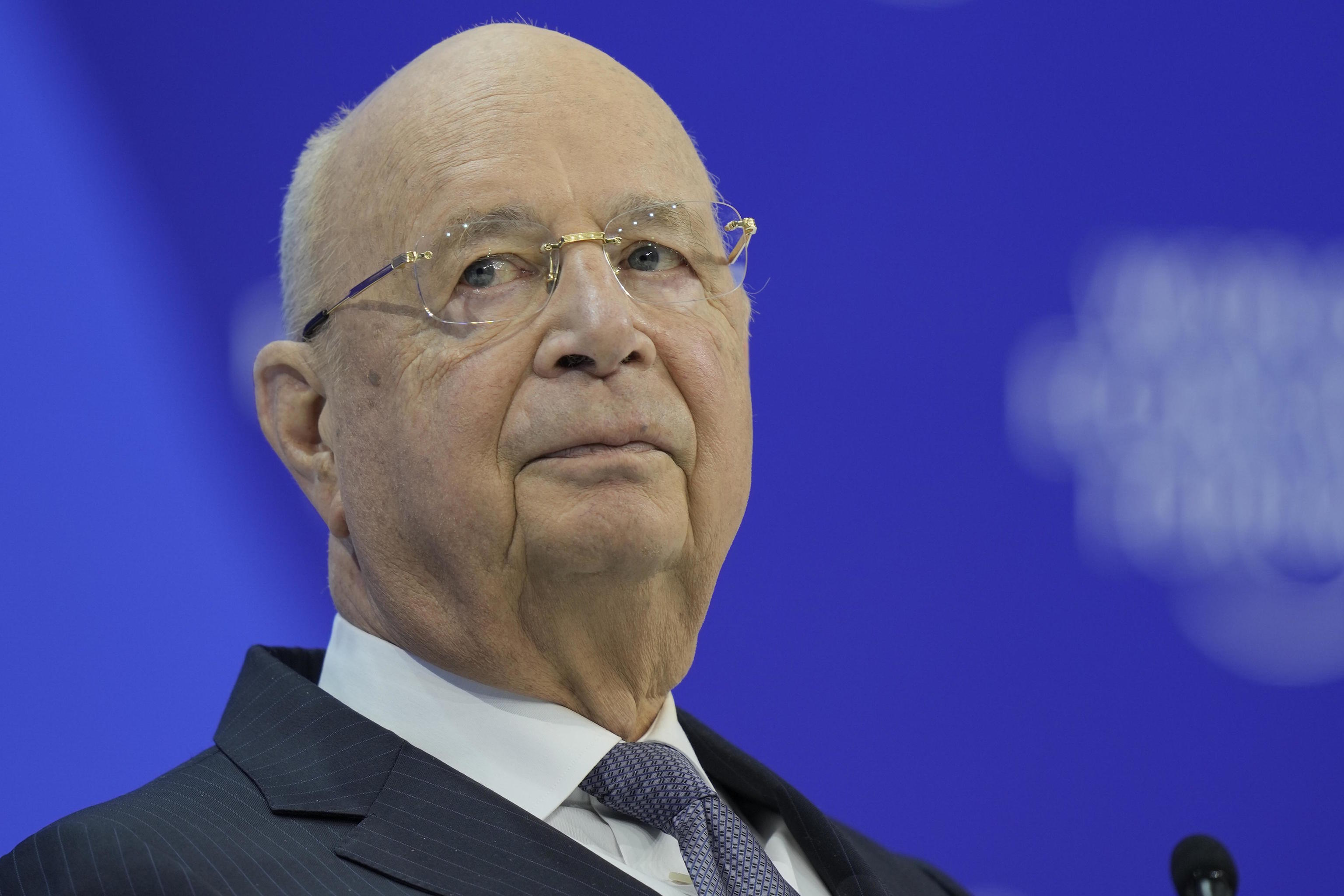Klaus Schwab, founder and longtime president of the World Economic Forum, has announced his retirement "with immediate effect." The decision was communicated by the organization itself. The 88-year-old German Klaus Schwab was a university professor trained in Switzerland with a postgraduate degree from Harvard who taught industrial management at the University of Lausanne. Without being an elected official or appearing on the lists of the richest men in the world, he has enjoyed unparalleled global influence.
Shortly after studying in the US, Schwab created the European Management Symposium in 1971, attended by executives from 450 European companies to learn about management strategies implemented in North America. An event initially focused on business but over time became increasingly political. Especially since 1987, when it changed its name to the World Economic Forum and established the legal form of a foundation for the event.
With the mission to "engage political, business, cultural, and other leaders in shaping global, regional, and industry agendas," the Davos Forum, registered as a foundation in the Swiss canton of Geneva, has been criticized by political parties and organizations across the political spectrum.
Some, like the Transnational Institute of the Netherlands, claim that Davos is "a silent global coup". These accusations are based on controversial reports - produced by the World Economic Forum itself - such as one stating that governments "are no longer the dominant actors on the world stage" and that "it is time for a new international shareholder governance paradigm" that blends the public and private sectors.
Davos operates as a secretive family business. A primitive management form that Schwab himself uses for the foundation that legally shapes this influential event. His wife, Hilde, has been by his side from the beginning and held the position of president of the family's Social Entrepreneurship Foundation. His daughter, Nicole, has worked in youth and gender organizations linked to Davos, as well as for the Ministry of Health in Bolivia during General Hugo Banzer's government. Finally, his son, Olivier, is currently the executive director of the Forum.
Davos has always been controversial. In 2022, controversy arose with veteran Henry Kissinger, a personal friend of Schwab, who advocated for the idea of Ukraine ceding part of its territory to Russia for peace, during an edition where both President Zelensky and the Mayor of Kiev, Vitali Klitschko, participated. Nevertheless, Davos' most famous statement was its prediction in the "global agenda" telling ordinary citizens that by 2030 "you will own nothing and be happy."
In business terms, the Davos Forum is a non-profit organization, but Schwab reaps immense economic benefits from it and has been repeatedly accused of lack of financial transparency. Seeking to address the criticisms, he disclosed his salary: 963,000 euros. However, Davos has been the platform that the German has used throughout his career to sit on the boards of major companies such as Swatch (owner of Tissot, Omega, or Hamilton), the media group of the Daily Mail newspaper, or Vontobel, a Swiss private bank.
